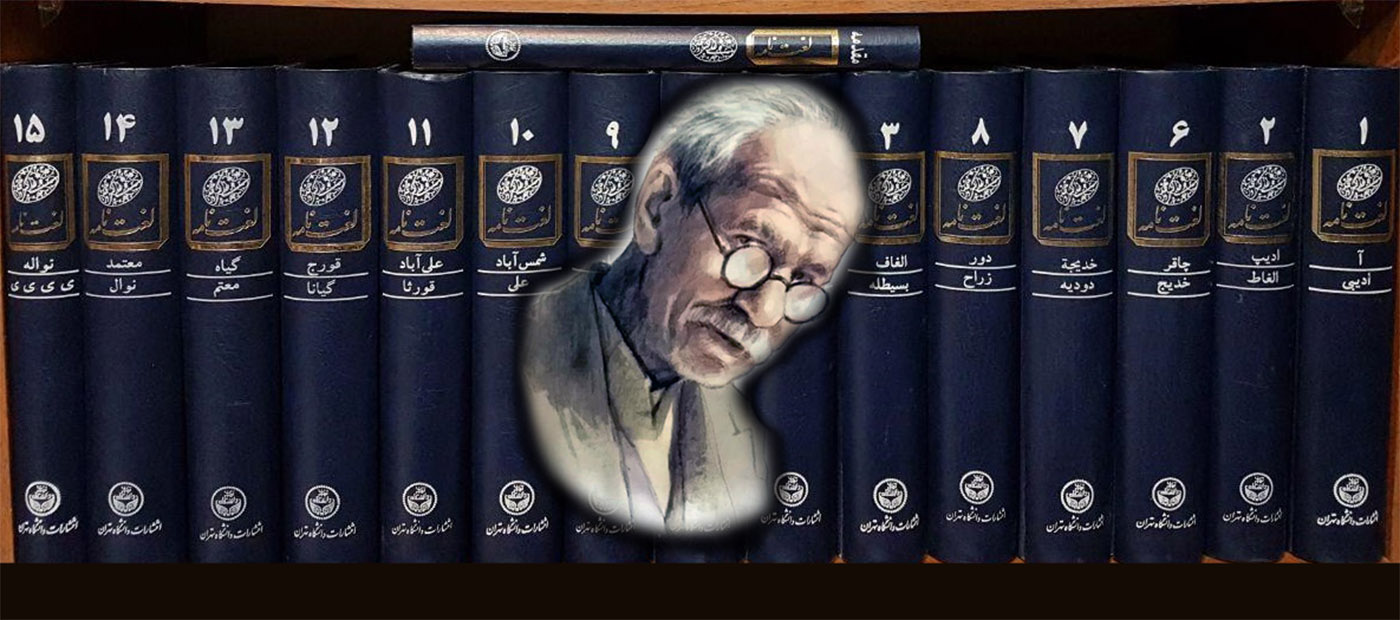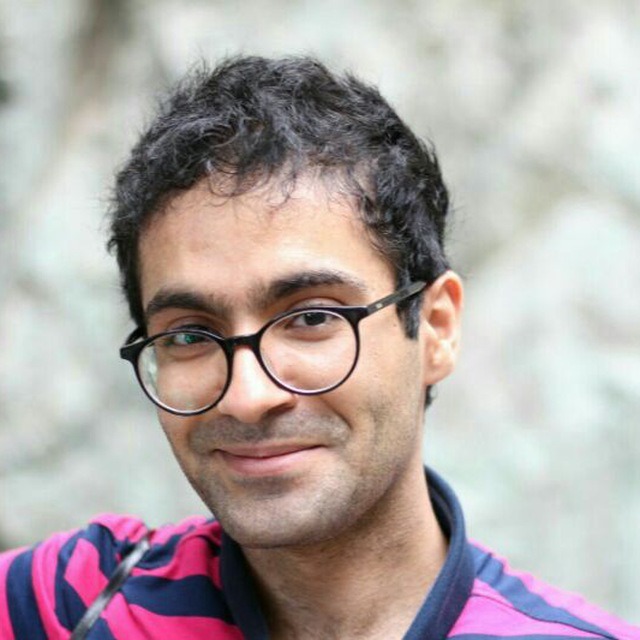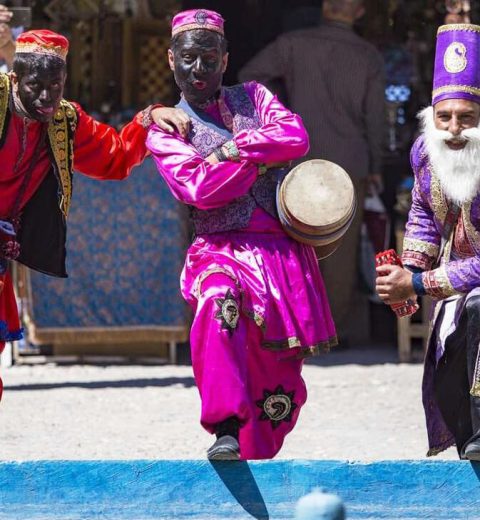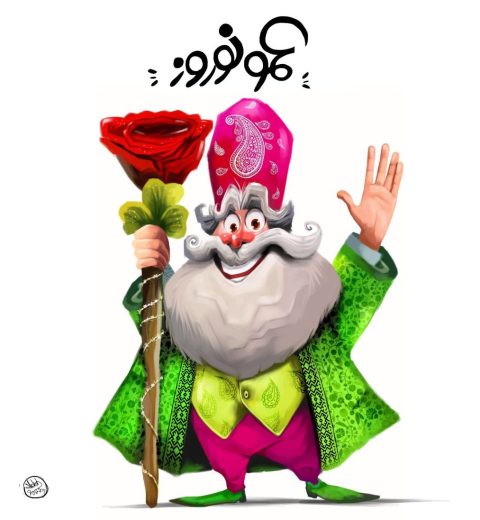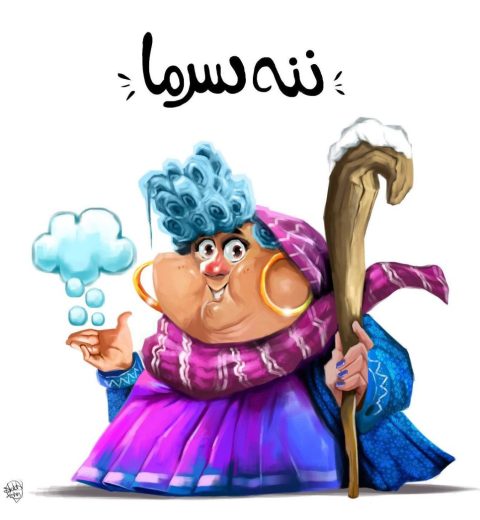Ali Akbar Dehkhoda is a familiar face to the people of Persian poetry and literature. He was a writer and lexicographer, politician, and member of the National Consultative Assembly for two years, who played an important role in the formation of public opinion of his time and was involved in the publication of the progressive modern newspaper, Sur Israfil.
Comprehensive Persian encyclopedic dictionary is among the great works of Ali Akbar Dehkhoda, which has played a great part in the contemporary culture of today Iran.
Birth and Education
Ali Akbar Dehkhoda known as Allameh Dehkhoda was born in 1879 (1257 in the Iranian solar calendar) in Tehran. In order to acquire knowledge, his mother sent him to great known people classes such as the Haj Sheikh Hadi Mujtahid Najmabadi and Sheikh Gholam Hossein Boroujerdi, and he studied with these two masters for ten years.
After a few years, when the political school in Tehran was founded by “Mirza Hassan Mushir al-Molk” (later Mushir al-Dawlah), Dehkhoda studied in that school and along with the French language, new sciences such as law, international law, he studied diplomacy, private international law, history, and economics. Allameh Dehkhoda was very capable in the science of literature, as the Persian teacher of the political school sometimes taught him literature.
Most of the graduates of the political school were employed by the Ministry of Foreign Affairs and were assigned to political missions abroad and membership in the Iranian embassy and consulates. Mirza Ali Akbar Khan Qazvini was also employed in the Ministry of Foreign Affairs.
After a while, Dehkhoda went to Europe and completed his knowledge of French in Europe, and returned to Iran with valuable savings.
Publication of “Sur Israfil” newspaper
After returning to Iran, Dehkhoda worked as a writer and editor in collaboration with the Jahangir Khan and the Qasim Khan, he published the famous newspaper “Sur Israfil”.
Simultaneously with the beginning of constitutionalism, the satirical column of “Charand va Parand” written by Dehkhoda and signed by Dekho (and some other nicknames!) was written by him.
Ali Akbar Dehkhoda is one of the founders of humor in Iran. The new writing style of this column created a new class in the world of contemporary Persian journalism. Dehkhoda used to satirize the social and political corruptions of that time in the newspaper.
Dehkhoda’s articles bothered Qajar Mohammad Ali Shah and his regime, and they first tried to force him to remain silent by giving him money, but he refused, and they planned to eliminate him, but they did not succeed. The newspaper “Sur Israfil” was open until the day before the assassination of Mirza Jahangir Khan and was published until the closing of the parliament.
Works of Ali Akbar Dehkhoda
After the death of Muzaffar al-Din Shah and the coming to power of Mohammad Ali Mirza and his opposition to constitutionalism and libertarians, the parliament was shut down by his order and a group of libertarians, including Dehkhoda, were exiled and arrested and sent to Paris.
Dehkhoda republished the newspaper “Sur Israfil” there and after that in Switzerland, but due to the problems of this newspaper, only three issues were published. At the same time, Dehkhoda sang the famous poem “Remember from the dead candle” in memory of his martyr friend Mirza Jahangir Khan. After the deportation of Mohammad Ali Mirza, Dehkhoda came to Iran and entered the National Assembly as a representative.
Scientific and Cultural Activities of Ali Akbar Dehkhoda
From the time of his arrival in Tehran until the beginning of the First World War, Dehkhoda was writing political and critical articles. But with the beginning of World War II, the parliament was closed for almost three years and in 1941 the Russian and British entered Iran, so Dehkhoda went to one of the villages of Chaharmahal and Bakhtiari in Iran.
This period can be considered as one of the most influential points of Dehkhoda’s life because Dehkhoda created an opportunity at that time to lay out the original plan of his great culture and collect the first dictionary materials there.
After the end of the war, Dehkhoda returned to Tehran and withdrew from political affairs, engaging in scientific and cultural work, and continued to study and research until the end of his life, and performed the greatest service in the Persian language during this period.
His Death
Allameh Ali Akbar Dehkhoda passed away on March 9, 1956 (the 7th of Esfand in 1334). He was buried in Ibn Babawiyah in the family tomb.

